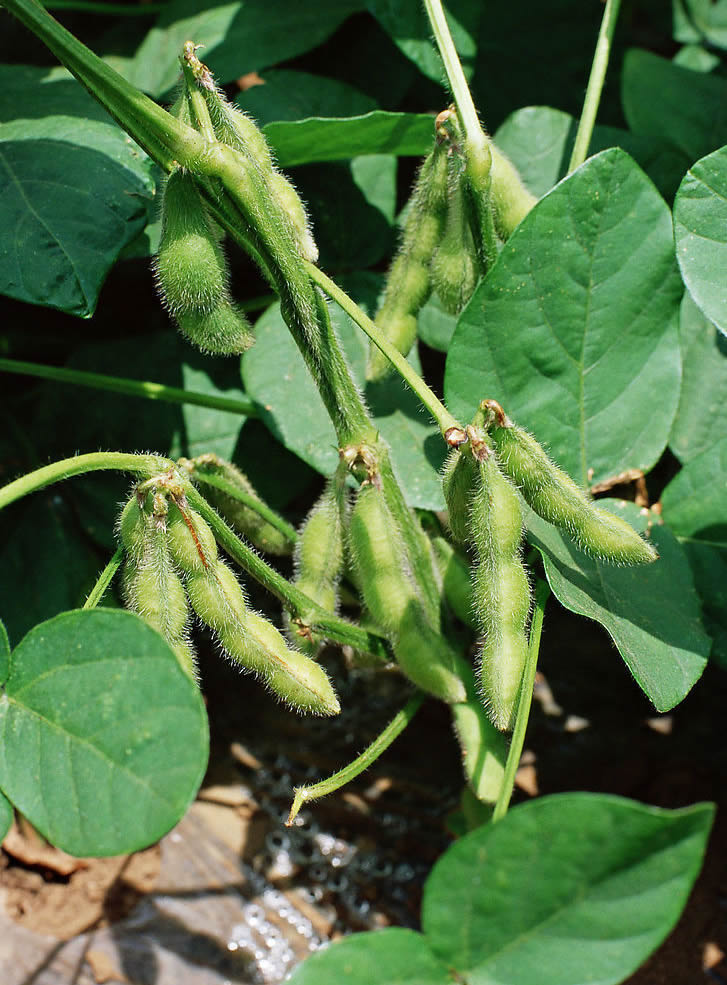
Profile
- Latin Name: Glycine Max (L.) Merrill
- CAS No.: 8001-22-7
- Active Ingredients: Soy Isoflavones, Soya Lecithin, Phytosterol
- Specifications: 10%, 20%, 40%, 80%
- Test Method: HPLC
- Part used: Bean
- Extracted Ratio: 120:1
Description
Soy isoflavones are phytochemical constituents of soybeans, a legume that has served as the basis for various foods in many Southeast Asian countries for thousand of years. The major isoflavones in soy are genistein and daidzein. Soyfoods also contain other valuable constituents, including protein, saponins and phytosterols.
Benefits and uses
Genistein and Daidzein have been well researched by scientist for their antioxidant and estrogenic properties.
Human research and population studies suggest that soy can protect agains heart disease. The mild estrogen activity of soy isoflavones may ease menopause symptoms for some women and may help regulate hormone levels in premenopausal women. Soy isoflavones may also play beneficial role in preventing osteoporosis and autoimmune conditions.
Research finding suggest that soy isoflavones provide antioxidant protection, and enhance the immune system.
Specifically, soy isoflavones may help to:
- Control symptoms of menopause and premenopause. When regularly ingested, soy may reduce the frequency and severity of hot flashes and other menopausal difficulties. In one study, women who added 45 gramms of soy flour to their daily diet experienced a 40% reduction in hot flashes. The isoflavones in soy are believed to be responsible for these effects.
- Guards against osteoporosis. Soy isoflavones may aid women (and men) in maintaining bone mineral density.
- Protect against prostate problems. Eating soy products may protect against enlargement of the male prostate gland.
- Reduce heart disease risk. Heart-healthy actions have been attributed to isoflavone-rich soy. Specifically. soy products have been shown lower LDL (“bad”) cholesterol and significantly increase HDL (“good”) cholesterol.

